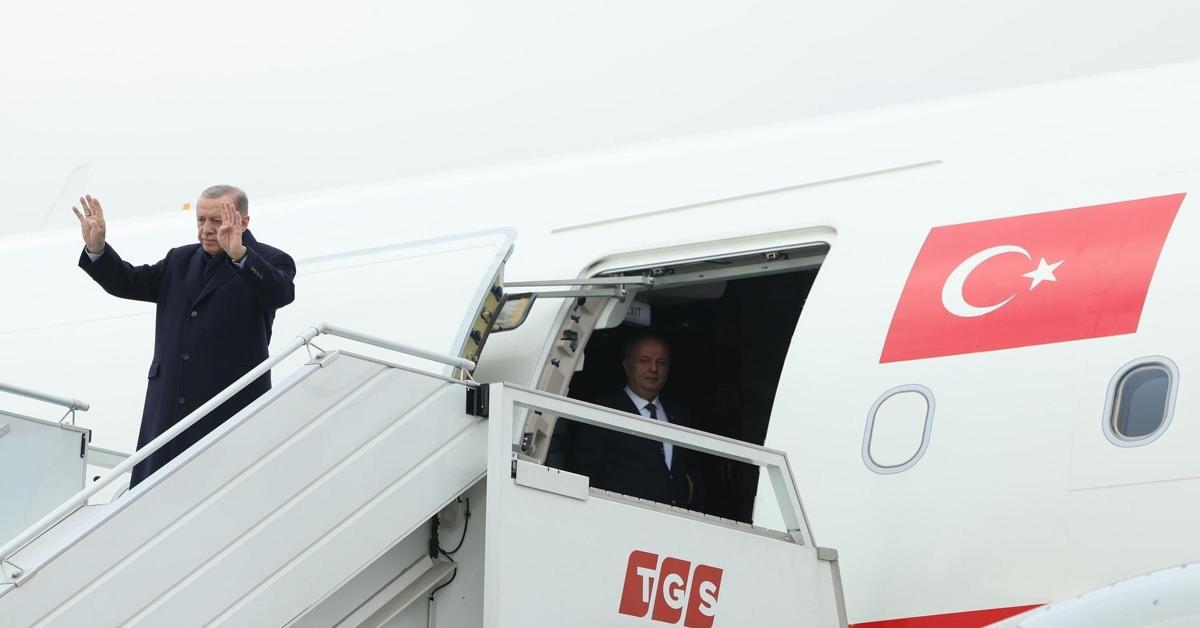
A descendant of Iraqi Sufi leader Abdul-Qadir Gilani eagerly anticipates President Erdogan's visit to Baghdad's historic Gilani Mausoleum, highlighting the significance for local Muslims and Ottoman legacy preservation
A descendant of an Iraqi Sufi leader from nearly a millennium ago expressed the significance of Turkish President Recep Tayyip Erdogan's upcoming visit to Iraq, particularly for local Muslims and the mausoleum of Abdul-Qadir Gilani in Baghdad, who passed away in 1166 in the Iraqi capital.
In an interview with Anadolu Agency, Sayyid Khalid Abdul Qadir Gilani highlighted the efforts of Türkiye's development aid agency, the Cooperation and Coordination Agency (TIKA), under Erdogan's leadership in preserving the Ottoman legacy at the Gilani Mausoleum in Baghdad.
He mentioned that TIKA has been overseeing the restoration of the mosque's minbar (imam’s pulpit) and a clock tower constructed during the late Ottoman Sultan Abdulhamid II's era, with both projects nearing completion.
Regarding Erdogan's anticipated visit to Iraq, the date of which has yet to be announced, Gilani stated: "We eagerly await this visit and fully support those involved in its preparations. President Erdogan's visit will hold significance for Muslims and our followers of the Qadiriyya order."
He added, "Erdogan's visit will also convey the message that Iraq is a welcoming, secure, and stable country for political engagements and religious visits to Imam Ali ibn Abi Talib, Imam Hussein (Husayn Ibn Ali), Imam Azam, and Gilani."
Expressing their desire for Erdogan to visit the mausoleum, Gilani mentioned: "All Ottoman sultans have left their mark at the mausoleum. President Recep Tayyip Erdogan will also make his mark at the Gilani Mausoleum through the inauguration of TIKA-completed projects."
Abdul Qadir Gilani, an Islamic philosopher, scholar, preacher, and Sufi leader, was the founder of the Qadiriyya, one of the oldest Sufi orders. He was born in 1077 or 1078 in Na'if, Rezvanshahr in Gilan, Persia, and passed away in 1166 in Baghdad.
Source: AA